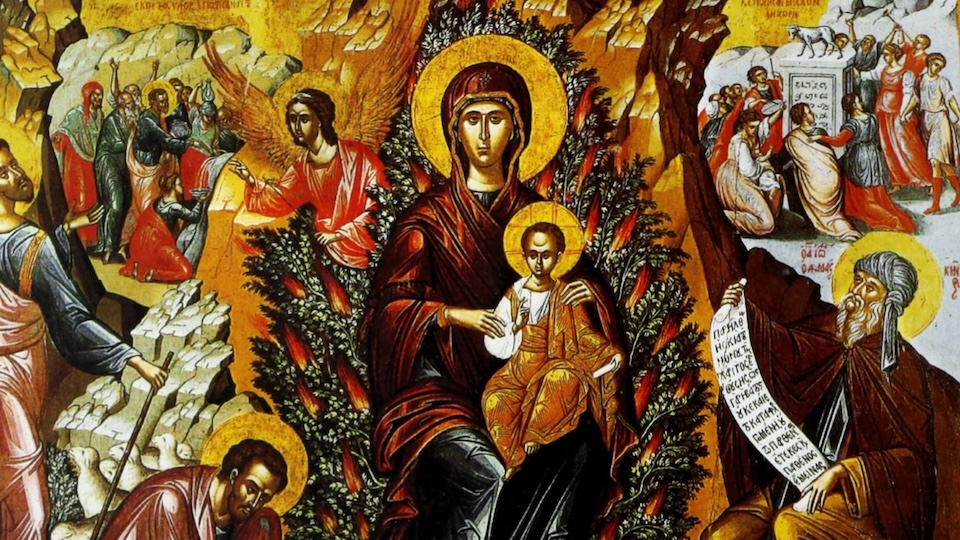Making Room for the Holy Spirit: the DDF’s Norms for Supernatural Phenomena, Part Two
Matthew Neugebauer
Tuesday, June 25, 2024

Related Articles:
Category: General Posts, Saints and Blesseds, Vatican
Tag: apophatic, Apparitions, DDF, DDF Norms, Dicastery for the Doctrine of the Faith, Holy Spirit, Pentecost, supernatural phenomena
God in the City: Catholic Journalism Summer Intensive 2025
Monday, March 31, 2025
 Salt + Light Media
Salt + Light Media
Canadian Catholic News is offering an in-person intensive experience of its popular online course, “Telling Truth in Charity: Introduction to Catholic Journalism” this summer.
Is Artificial Intelligence good or bad? A new Vatican document on using AI responsibly
Monday, March 24, 2025
 Julian Paparella
Julian Paparella
What are the Church’s views on artificial intelligence? How are we supposed to think of the rapidly expanding field of AI as Christians in the world today?
Veneration of the Crown of Thorns during Lent
Friday, March 14, 2025
 Aline Haddad
Aline Haddad
The Holy Crown of Thorns was returned to Notre-Dame de Paris after the rededication in December, restoring a beloved Lenten devotion.
Pray with Pope Francis Reflection – March 2025
Monday, March 10, 2025
 Fr. Edmund Lo, SJ
Fr. Edmund Lo, SJ
In this month of March, Pope Francis invites us to pray for families who find themselves in crisis: That broken families might discover the cure for their wounds through forgiveness, rediscovering each other’s gifts, even in their differences.
Looking at our babies, glimpsing how God sees us
Saturday, March 8, 2025
 Julian Paparella
Julian Paparella
How can the experience of parenting give us a sense of God's compassionate, patient, and merciful presence with us?
SUPPORT LABEL
$50
$100
$150
$250
OTHER AMOUNT
DONATE













